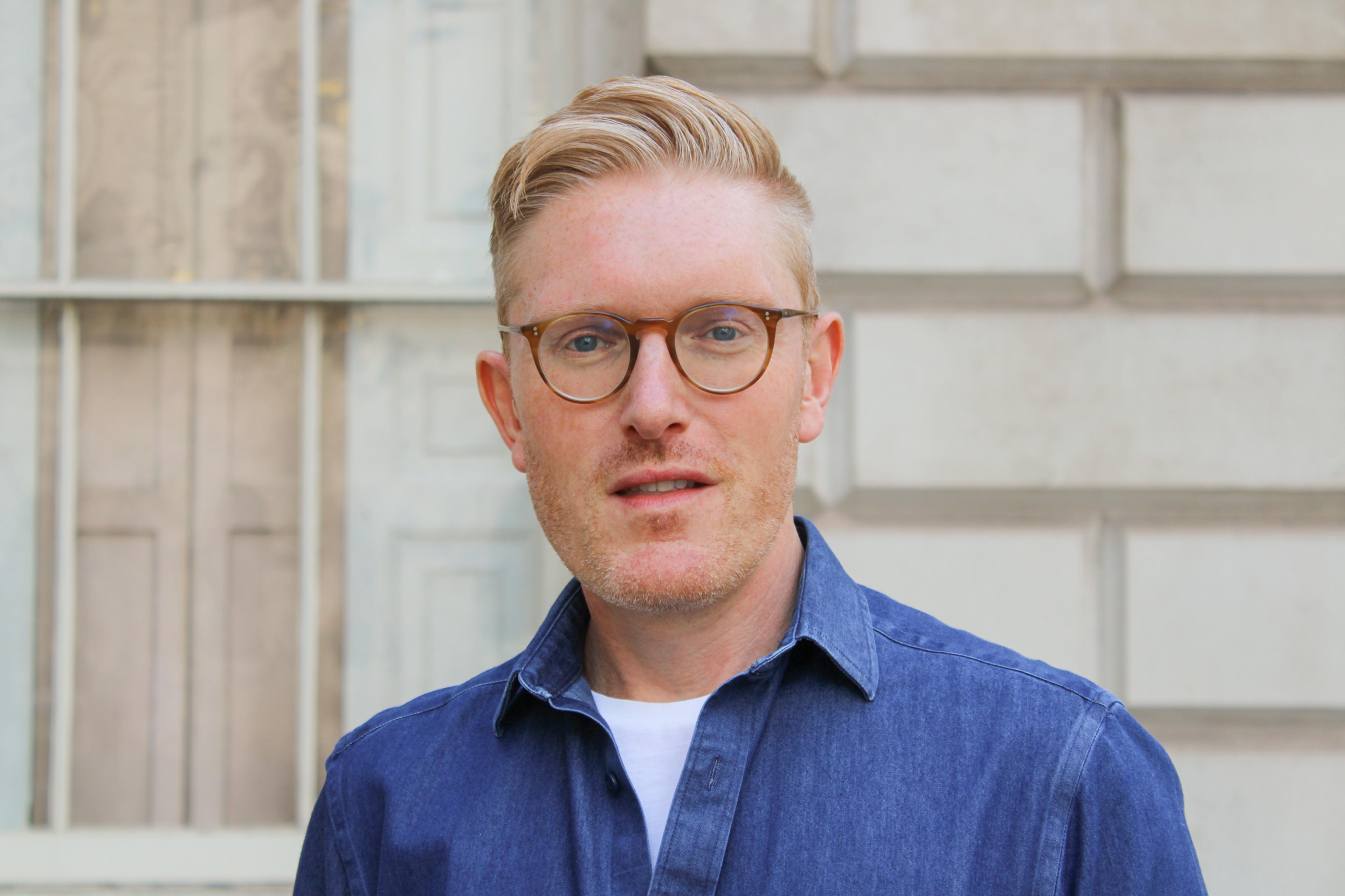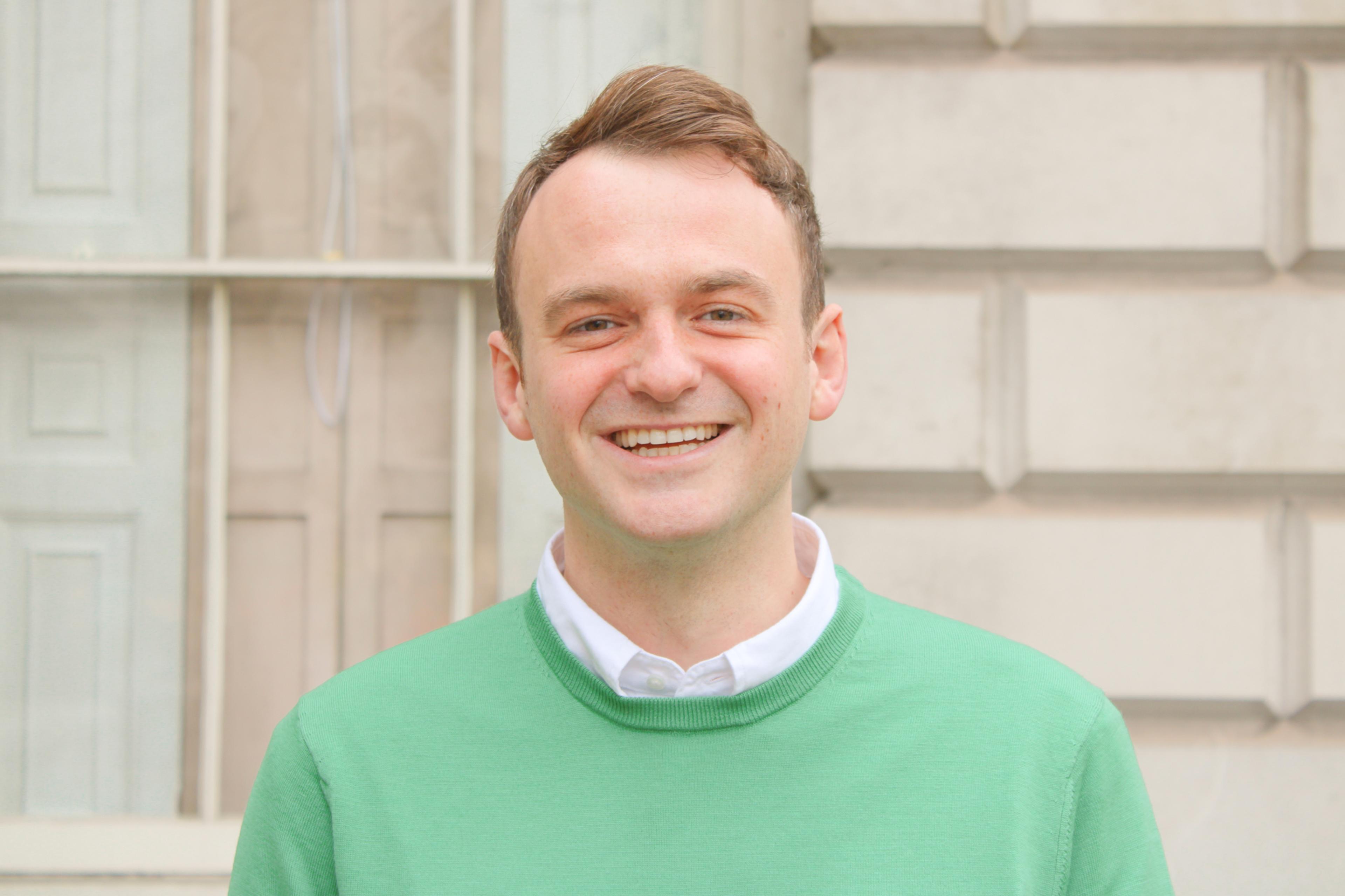Dame SarahConnolly


Representation
About Dame Sarah
Sarah Connolly was made a DBE in the 2017 Birthday Honours, having previously been awarded a CBE in the 2010 New Year's Honours. In 2020 she was made an Honorary Member of the Royal Philharmonic Society in recognition of her outstanding services to music.
In 2023 she was awarded The King’s Medal for Music, an award given annually to an outstanding individual or group of musicians who have had a major influence on the musical life of the nation.
She has sung at the Aldeburgh, Edinburgh, Lucerne, Salzburg and Tanglewood festivals and the BBC Proms where, in 2009, she was a soloist at the Last Night. Opera engagements have taken her around the world from The Metropolitan Opera to the Royal Opera House, the Paris Opera, La Scala Milan, the Vienna and Munich State Operas and the Bayreuth, Glyndebourne and Aix-en-Provence Festivals.
Highlights in her 2023/24 season include Mendelssohn’s Elijah with the LSO/Sir Antonio Pappano; Tippett’s A Child of our Time with the Royal Scottish National Orchestra/Sir Andrew Davis, and orchestral songs by Alma Mahler-Werfel with the BBC Philharmonic Orchestra/John Storgårds. She gives recitals at London’s Wigmore Hall, Amsterdam’s Concertgebouw, Seville’s Espacio Turina, for the Fundació Victoria de los Ángeles in Barcelona and at the Leeds Lieder Festival with Joseph Middleton and at the Oxford Lieder Festival with Dame Imogen Cooper. In the opera house she returns to the Dutch National Opera as Jocaste in Stravinsky’s Oedipus Rex and creates the role of the eponymous heroine Zarqa in the world premiere of Lee Bradshaw’s new opera Zarqa al-Yamama for the Arabia Opera in Riyadh.

